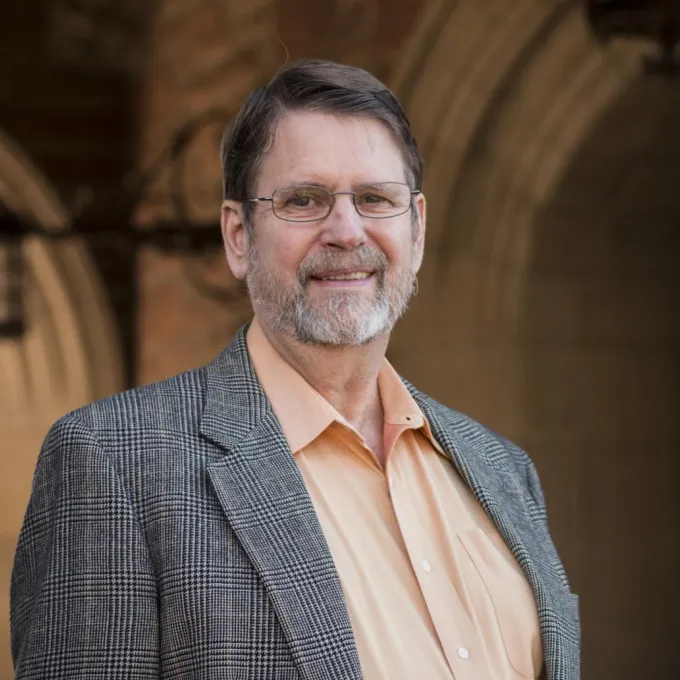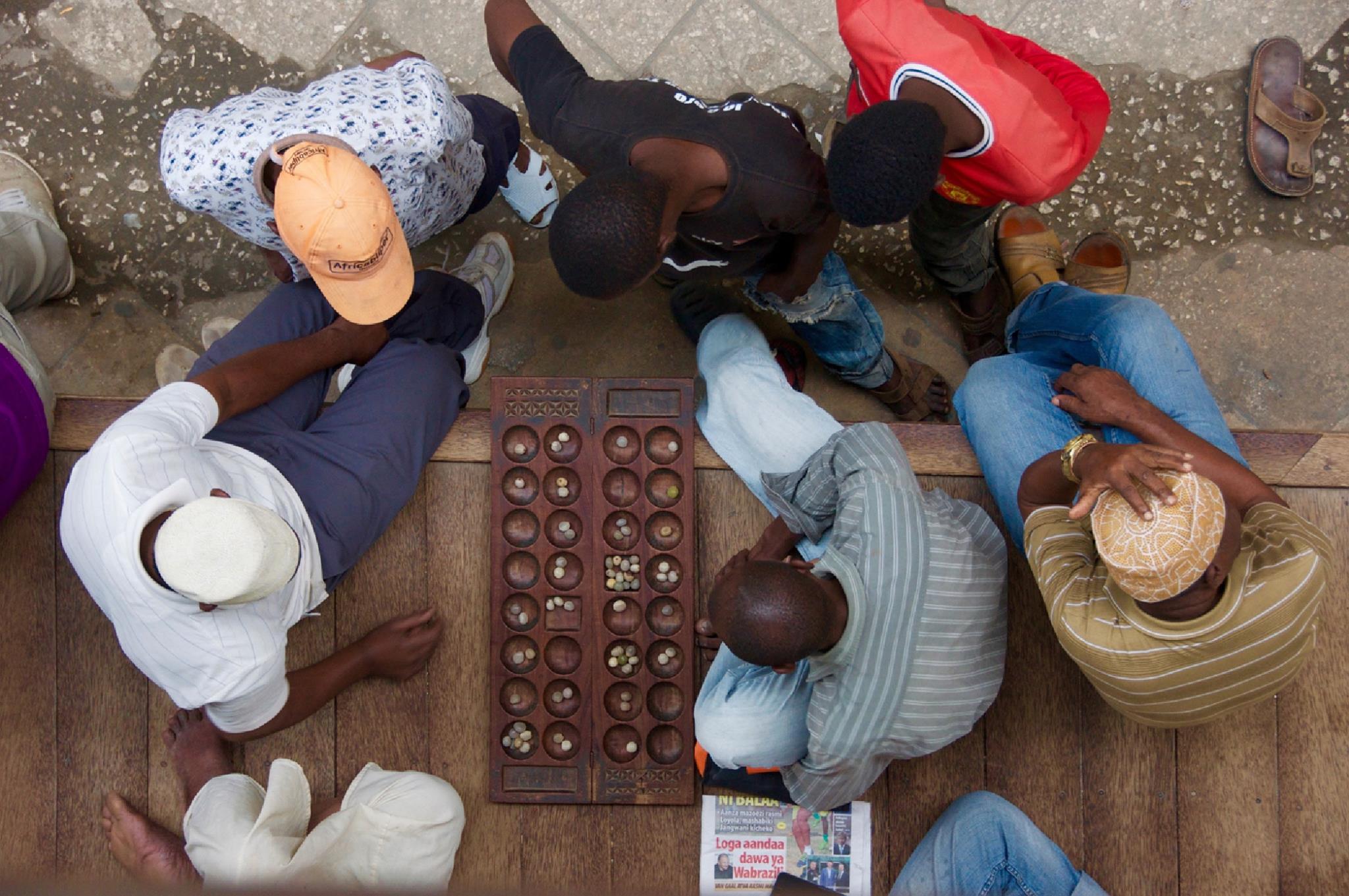Professor Freidel studies the emergence and fluorescence of government institutions among the lowland Maya of southeastern Mexico and Central America. Currently he is directing long-term research at the royal city of El Perú, ancient Waka’, in northwestern Petén, Guatemala.
Established in the Preclassic period by roughly 100 BC, El Perú-Waka’ was the capital of a kingdom and seat of a royal dynasty that endured more than five hundred years and boasted more than 26 successors to the throne, finally collapsing in early ninth century. The Waka’ kingdom commanded strategic trade routes, to the west along a major river, the San Pedro Martir, and to the north overland to the central lowlands of the Yucatan peninsula. Major historical events at the city include its subordination to the principal imperial conquerors of the Maya world: Siyaj K’ahk’ in the fourth century, and Yuknoom Chen II in the seventh century. Although not as large or imposing as the major regional capitals of the Maya world, El Perú-Waka’ is historically important and a productive laboratory for investigating all aspects of Classic Maya civilization.
While the primary research and analyses at El Perú-Waka’ are the responsibility of foreign and Guatemalan graduate students advancing their careers, Freidel collaborates with these researchers in presentations and articles where his expertise is relevant. His interests in this regard include material symbol-systems and religion, monumental architecture, political economy, dynastic history and warfare. Because of the complex modern setting of El Perú-Waka’ in Laguna del Tigre National Park, he is increasingly engaged in issues of political ecology and cultural heritage. His goal is to help establish a permanent research facility at El Perú-Waka’ for the broad investigation of all aspects of social and natural science in the rainforest enclave of eastern Laguna del Tigre National Park.
At a broader level he is interested in the agency of divine rulers in the evolution of civilization in southeastern Mesoamerica. He presently is pursuing the hypothesis that such rulers actively abetted the commitment of constituent populations to a diet of domesticated foods centering on zea maize. He is also exploring ways to identify and test for the existence of currency tokens and market economy in the deep past of Mesoamerica.


